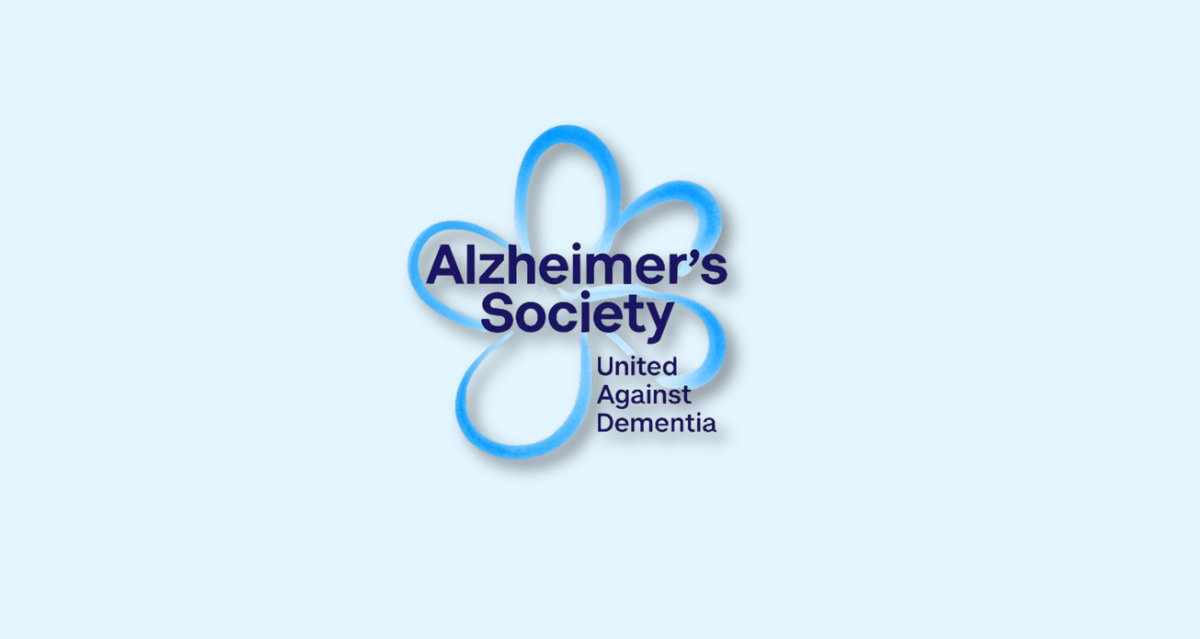Taking part in sensitive research with the Alzheimer's Society


While many of our sessions are focused around technology and ensuring digital platforms are fit for purpose, we are regularly in need of specific people to take part in interviews or discussions surrounding more serious topics. We recently asked for people for get involved with a sensitive health research project, which was seeking to find out more about dementia services.
We worked together with a well-known UK charity to find those living with dementia, or those caring for someone who has dementia, either professionally or personally, to take part in health research. We also had to try and find people who were worried they were experiencing symtoms of dementia and had not yet been diagnosed, but would be willing to talk to a researcher about this.
As you can imagine, finding this user group to take part in research was quite a challenge; but, knowing what the research was for and how important it would prove to be for the future of dementia care, we knew we had to try our absolute best to find these people.
For this research, we had to find a diverse range of people with various experiences of dementia to gain an all-round idea of the services and improvements needed for everyone involved.
Our target audience

When dealing with health research, it’s particularly important that the researcher is flexible, sensitive to the topic, and appreciative of any issues that may arise. For example, last minute drop-outs for this project were to be expected, more so than on other projects, due to the busy schedules of professionals and the care needs of the participants.
For this project, the researchers took special measures to make sure that those who were involved in the research were comfortable, relaxed and incentivised; after all, research is centred around the people taking part – without their cooperation, there would be no research.
In-home research for those living with dementia
We were aware that asking for those with dementia to come to an unfamiliar central location in a large city would not be realistic. Even with carers assisting, this would be a logistical nightmare and potentially stressful for the participant; so researchers drove to the homes of those with dementia, making sure they were in a comfortable and familiar environment.
Workplace research for busy professionals
Getting GPs involved was tricky, as we all know they’re under constant time constraints and incredibly busy people, who would not be easily incentivised financially. It was decided that the researcher would go straight to them, making sure it would be as easy as possible for GPs to take part and give feedback from their perspective.
Central locations available in major cities
To ensure the research sessions were as accessible as possible, the majority of sessions took place in central city locations.
The outcome of the research
Thanks to everyone who took part in this research, the charity is fully equipped with the feedback needed to implement vital changes. Having spoken directly to those with dementia about the information available to them regarding their condition, the charity is now able to make improvements to help those both diagnosed with dementia, and those yet to be diagnosed. The information and support available for carers and family members living with someone who has dementia will also be reviewed.
Speaking with GPs, the feedback confirmed that they are incredibly over-stretched and, therefore, not necessarily able to give the care and attention needed to support and inform those diagnosed with the condition.
GPs in more remote areas were more able to give a personal service to their patients, however those working in large cities, where services are busier, were less able to give the support needed. The charity is now able to provide a service which eradicates the need for people to always go to their GP to discuss some dementia-related concerns – instead, they are able to contact the charity directly and get the best possible help and guidance.



